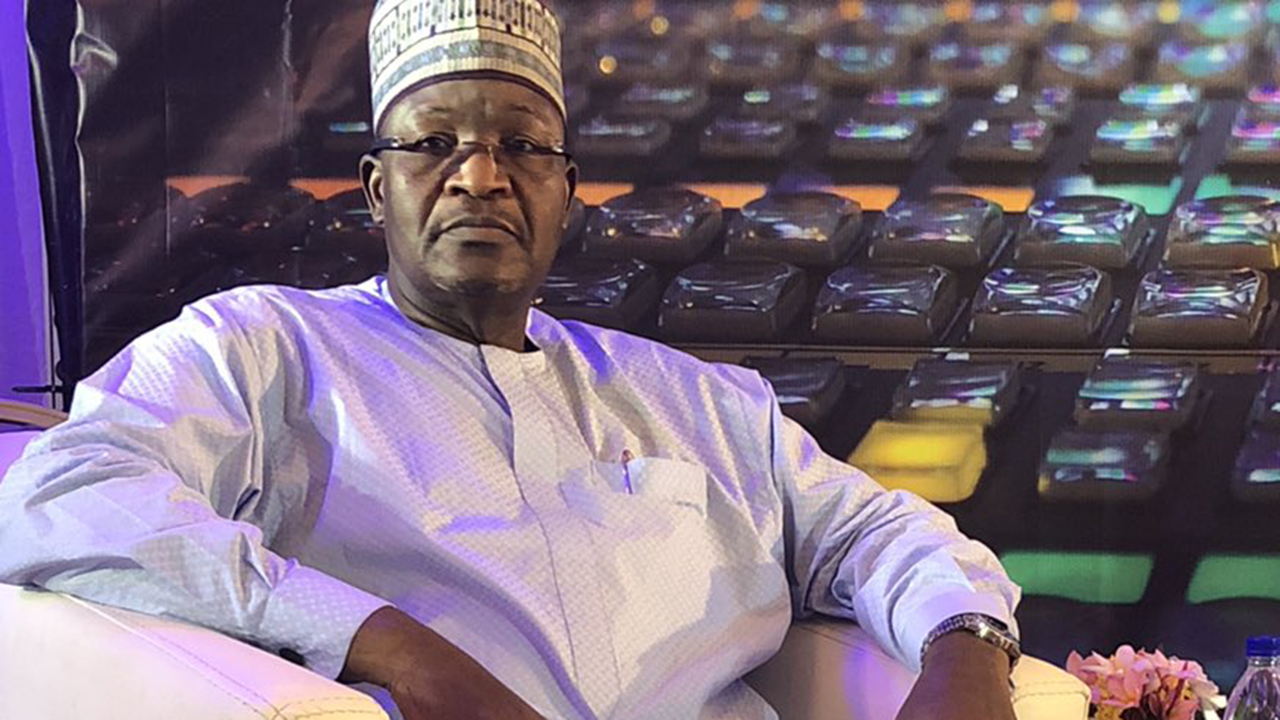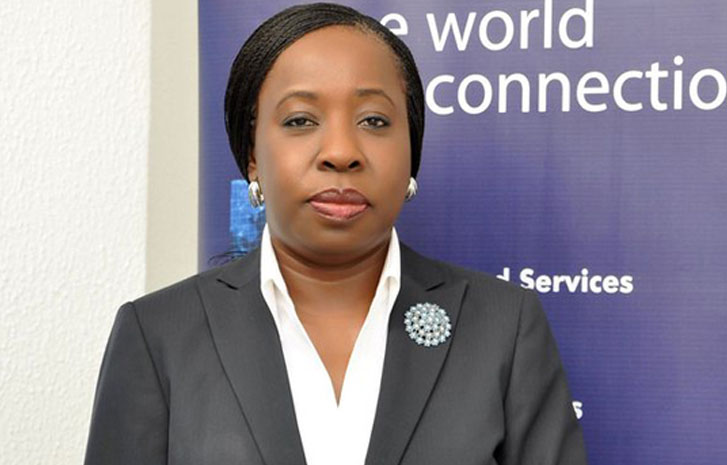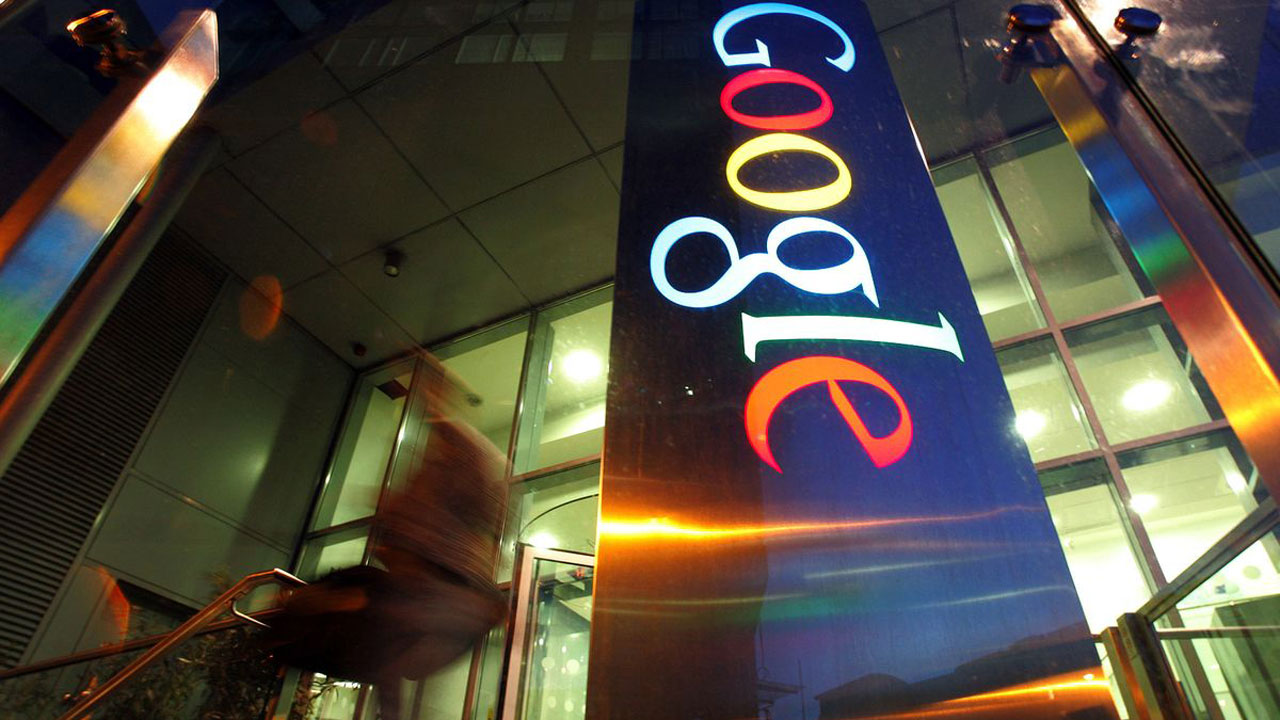Starting from January 1, 2019, the Nigerian telecoms sector by virtue of massive foreign direct investments and local inputs started dominating contributions to the Nigerian GDP.
For the 1st and 2nd quarter 2019, contributions stood at 10.11% and 11.39% respectively.
Business Hilights gathered that these contrast with 9.19% and 10.43% contribution in the 1st Quarter and 2nd Quarter of 2018 respectively. General ICT contribution to GDP increased from about 10 % last year to 13.8% currently.
Within the period under review, active mobile voice subscribers increased from 174,012,136 to 180,386,316 as internet subscribers increased from 114,306,598 to 123,559,596.
Besides, broadband penetration jumped from 32.34% (indicating 61,732,130 Nigerians on 3G and 4G networks) to 37.87% (indicating 72,289,389 on 3G and 4G networks)
With regards to the use of Mobile Number Portability (MNP), 110, 500 numbers were ported between January, 2019 – October, 2019 as against 71, 723 subscribers who ported their lines between the same 10-month period in 2018.
Fact checks inferred that the above is due to increased public education and awareness by the Commission’s head office and its zonal offices, as they intensified awareness on the availability and usage of Mobile Number Portability (MNP) across geo-political zones.
On the issue of regulatory statistics, the Commission within the period, received 19,841 complaints from telecoms consumers across sits various complains channels and successfully resolved 17,851, representing (90% success rate of consumer resolution).
Subscriptions to DND 2442 to control unsolicited text messages increased is now 22,356, 919.
From January to October, 2019, a total of 18, 717 complaints were lodged through the NCC contact centre by the customers to the Commission with larger percentage satisfactorily solved.
The Commission has committed millions of Nairato driving ICT innovations in the academia and among technology innovators.
Telcos listing on the NSE, facilitated by the NCC has boosted capital market operations. MTN was compelled by the Commission to list.
6 licensed InfraCos await FG’s approval for Counterparts funding to boost broadband infrastructure to be facilitated by t.
The NCC pioneered5G trial in Nigeria, becoming the first telecoms regulator in the West Africa to proactively begin such trial toward unleashing greater digital revolution.
Activation of and increase in the number of operational Emergency Commission Centre (ECC) being built by the Commission to 17 states of the Federation and the Federal Capital (FCT), Abuja – 18 ECC in all.
In 2019, over 24 million validly-registered subscriber records were scrubbed (deduplicated) by the Commission via Automated Fingerprint Identification System (AFIS) in fulfilment of the mandate to establish a credible database of telephone subscribers.
NCC, in 2019, awarded the Value Added Services Aggregator licenses to 10 companies to provide VAS services. This will further boost the competitiveness of the telecoms VAS segment.
Regularisation of the activities of all satellite operators including Space station operators as well as Earth Station operators; as well as issuance of Landing permits to Space Stations beaming signals over Nigerian territory.
Putting the NCC Head Office Annex at Mbora, Abuja to use and its various world-class facilities to increase NCC’s overall operational efficiency and subsequently achieve better cost-cutting in line with the Federal Government’s directive.
In general, findings by Business Hilights showed that the Nigerian Communications Commission (NCC), in 2019, carried out a number of regulatory activities towards ensuring increased access to telecoms services, ensuring increased consumer education and protection, boosting security of life and property, sanitising the industry while also supporting other initiatives that are aimed at boosting innovation in the telecoms sector and continuously galvanizing the country’s overall economic growth.









